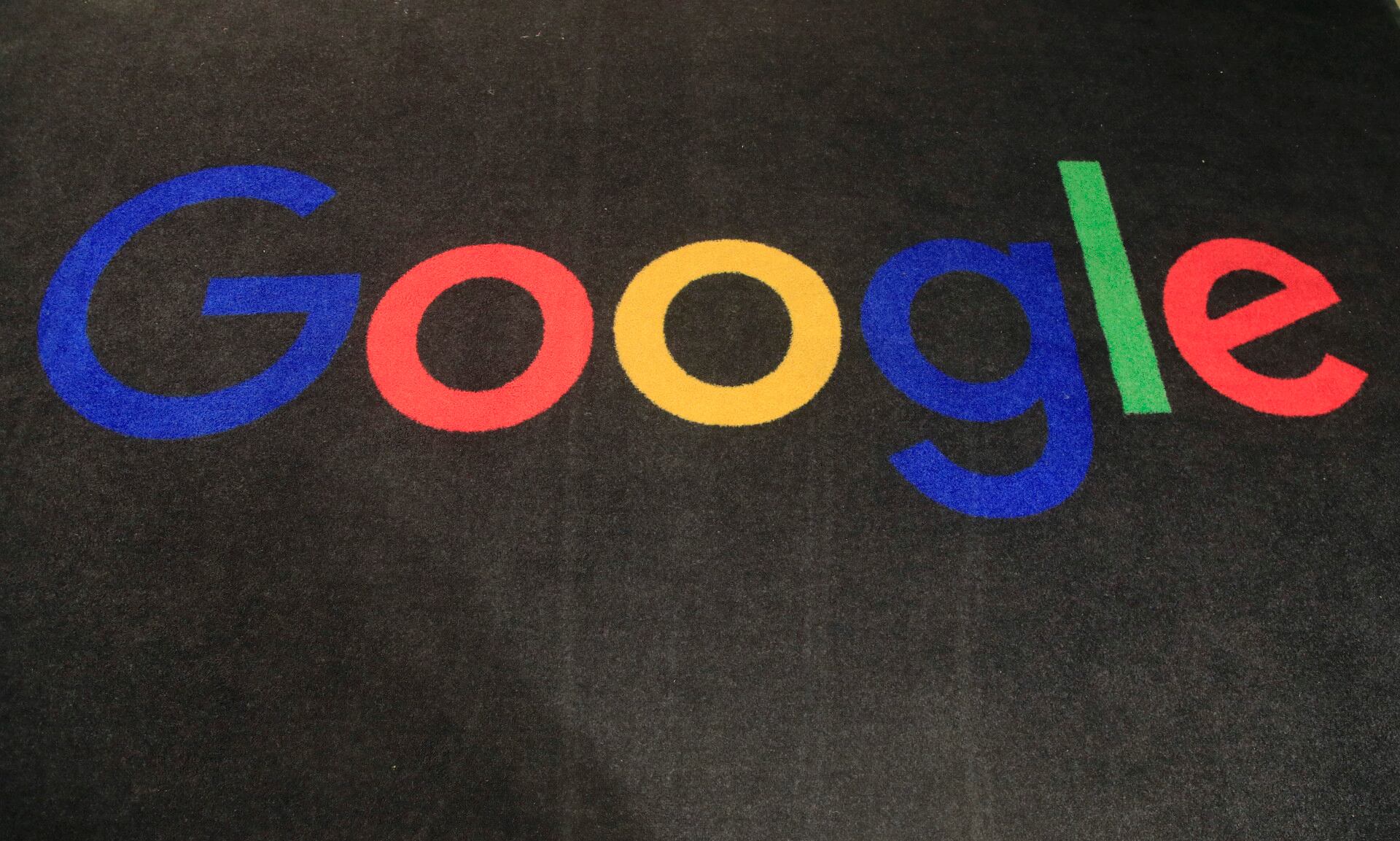At its annual health event on Tuesday, Google announced a series of changes to its search tool that it said will make it easier to access information about affordable health care services.
For example, the company will move affordable local health care options to the top of its search queries. It will also use a conversational artificial intelligence technology called Duplex to verify information from providers and check whether they accept state Medicaid plans.
"People come to Google with health-related questions hundreds of millions of times a day," the company said in a press release. "They also turn to YouTube, where videos about health conditions were viewed more than 110 billion times globally in 2021."
In the near term, Google will also make it easier for users to find information through search about Medicaid re-enrollment, which is due by the end of March.
The other big announcement from the event was the launch of Open Health Stack, an open-source tool kit for software developers in the health care space. The goal is for developers to create new apps making it easier for health care workers to access patient information.
"Digital health solutions built to date have focused on solving for single, disease-focused conditions, leading to data silos and making it difficult for healthcare workers to access the patient information they need," the company said.
The Open Health Stack is designed to help developers break out of these silos and share best practices.
Finally, the tech giant said it is developing a model for automatically outlining and contouring organs on CT scans, while limiting exposure to radiation.









